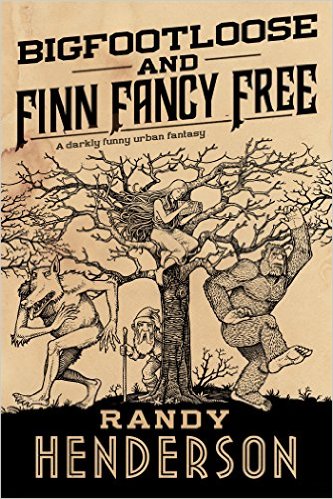Easter. There is a real chance for celebration and creating a modern miracle here by not forgetting where this day comes from, and by celebrating that in a very real way.
This day, which has been a day of celebrating life and renewal throughout human history, can be an opportunity to donate time or money to life-affirming organizations that help the sick and dying, or that offer renewal in people’s lives by providing housing, or job aid, or counseling, or addiction treatment, or shelter from abuse, or bringing renewal and new life in communities by renovating schools and playgrounds and parks, building community gardens, and more.
Imagine the impact if just the millions of people sitting in a pew today listening to sermons about Easter instead organized and went forth to manifest the spirit of Easter, if they donated those two hours and that 10% tithe toward supporting life and renewal in a very real and tangible way today. That is millions of labor hours and billions of dollars in a single day.
Add to that the millions more who are not in church on Easter but might be moved to join such efforts. Imagine how many lives would be saved, how many communities would be transformed, how our world would be renewed, from just one day’s effort.
That, to me, would make for a truly holy and special Easter. Goals for next year, perhaps?
On a more spiritual and less tangible level, Easter can also be a chance to get in touch with this line of tradition and commonality that unites all of humanity throughout history, to celebrate what makes us the same, not different.
The Spring Equinox has been a time to celebrate life and renewal as observed by religions and cultures dating back to ancient Egypt, Persia, and beyond.
If we trace the celebration of this time back to its earliest origins probably in Africa, it celebrated the resurrection of the husband of the Great Earth Mother Goddess. The name itself is believed to trace back to the Anglo-Saxon goddess Eastra/ Eostre, the goddess of spring, celebrated at this time. So this holiday’s roots span human history and the range of human cultures from ancient Africa to western Europe.
The earliest Christians acknowledged this in their own way. The Council of Nicaea (who you might know from such hits as “Selecting which books went into the Christian Bible,” or “Making the Holy Trinity official doctrine”) chose the date for Easter in 325AD based on the common and ancient pagan celebration of the Spring Equinox — a celebration of renewed life and the change that comes with spring seeming a natural fit for celebrating resurrection.
This was common practice of the early church, to align their holy days with already existing pagan holidays to make it easier to convert folks who would not have to give up the (often drunken) celebrations they already knew and loved. Acknowledging that should not be a threat to Christians, but an opportunity to embrace the reverse today and celebrate the true spirit of Easter.
And if you really want to dig into just how much the Christians truly share with non-Christians, the Christian story of the resurrection is well known to be based on and influenced by earlier resurrection myths. As just one of many examples, in the epic Sumerian myth of Tammuz and Inanna (Ishtar) written on tablets dated back to 2,100 years before Jesus was even born, Inanna is judged, stripped of her clothes, killed and hung on display during which life on earth begins to die. She is then resurrected after three days, restoring life to the world.
The Descent of Inanna is just one of many such earlier resurrection myths with undeniable parallels to the Jesus story, and many come from older religions in areas of Hebrew captivity such as Egypt (the story of Osiris) and Babylon (the story of Bel), and from the New Testament authors’ more contemporary cultural influencers like the Greeks (Adonis) and the Romans.
The eating of colored eggs can also be traced back to Egypt and Persia, where they symbolized creation, fertility, and even resurrection. And of course rabbits have always been seen as symbols of fertility, a stand-in for fertility gods/goddesses.
I would hope acknowledging that Easter celebrates not just one resurrection story, but a deeper celebration of life and renewal that spans virtually every culture and age of human existence should not be seen as a diminishing of modern religious stories or beliefs but a call to a deeper truth and connection.
So let us also make Easter a celebration and reminder that even across nations and continents and the vast gulf of centuries, at our deepest roots we are so much the same, and share so much in common, that to lift up our neighbor is to lift up ourselves – an important reminder in these divisive times.











